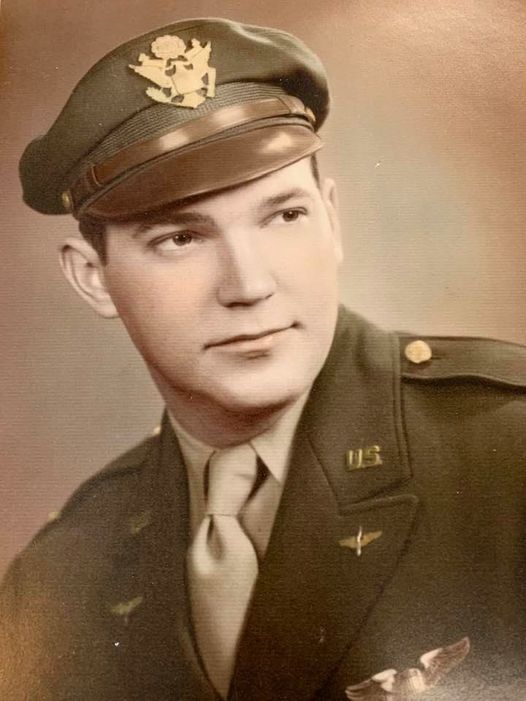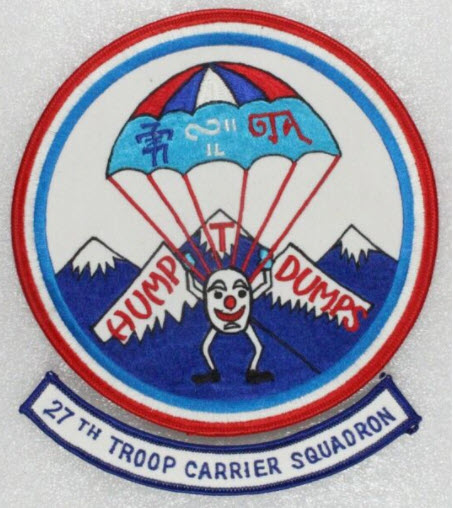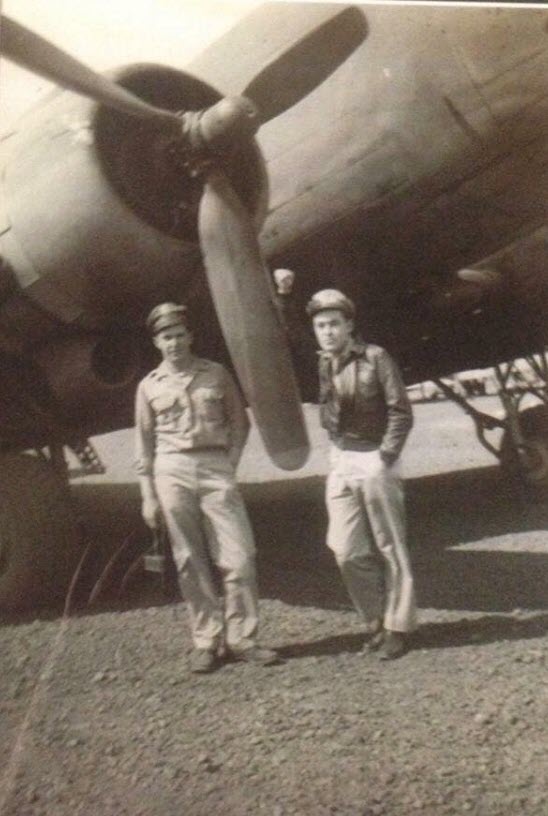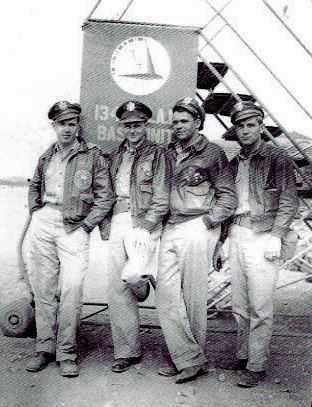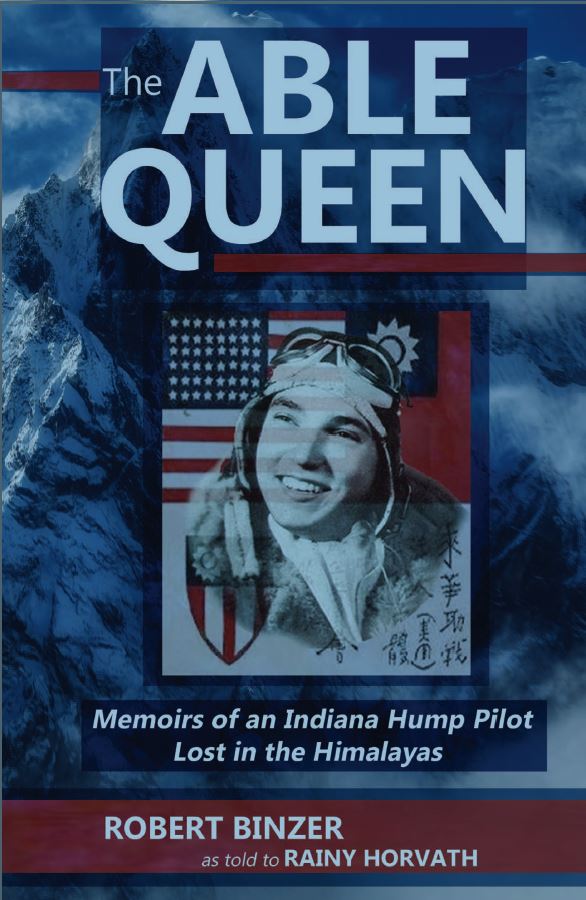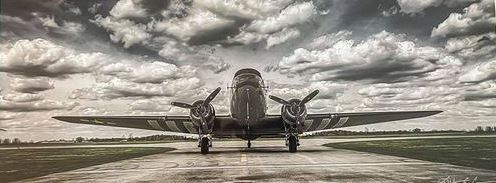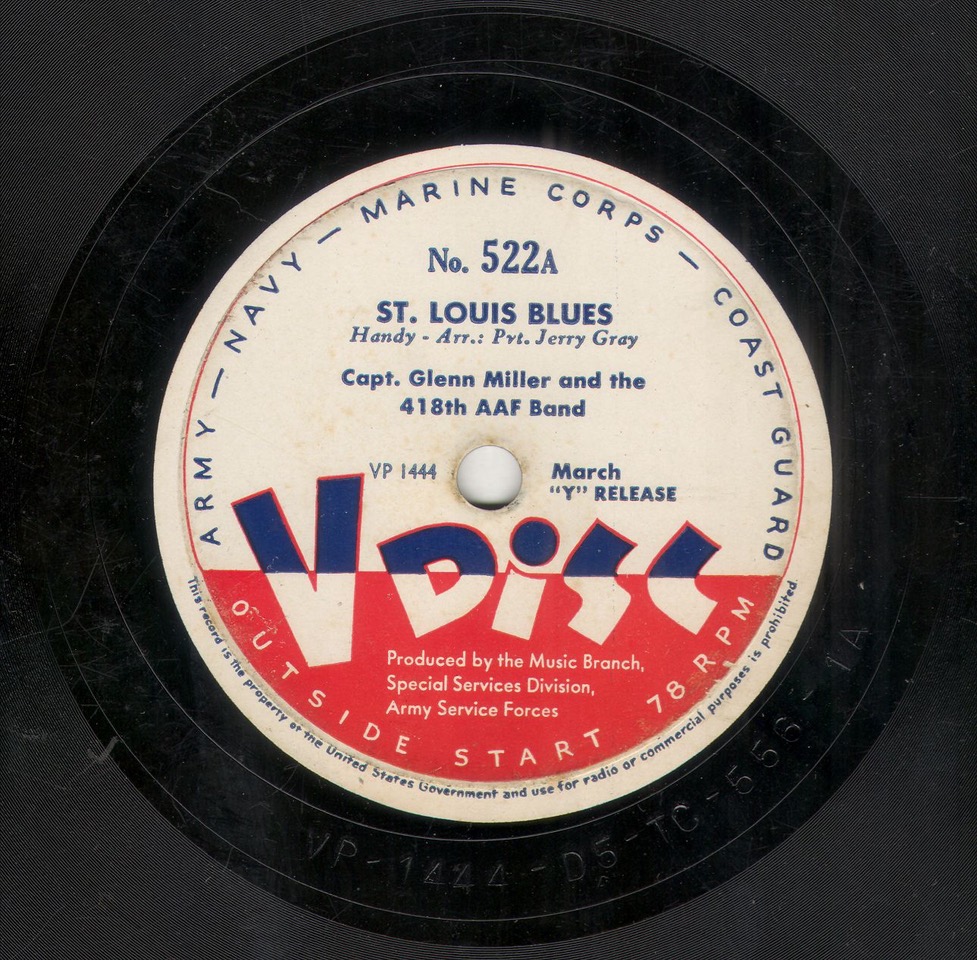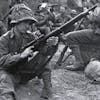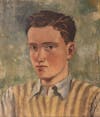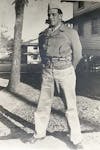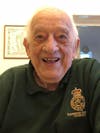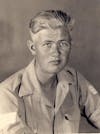77 The Able Queen, by Rainy Hovarth
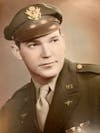
Tales of an Indiana Hump Pilot Lost in the Himalayas - China
The Able Queen, Tales of an Indiana Hump Pilot Lost in the Himalayas, China - by Rainy Hovarth - Extracts from the true story, told in his own words, of highly decorated CBI Hump Pilot, Robert Binzer, who flew combat transport missions with the 14th Air Force from China, 1943-1945.
Plus:
- V-discs - vintage wartime music
- Major Mahony’s VC story
- How to pronounce Aluminium!
Links:
Link to Wikipedia on Vdiscs:
https://en.wikipedia.org/wiki/V-Disc
Lakeview Hot Record Club:
http://lakeviewhotrecordclub.org
Lakeview Hot Record Club is based at the Spirit Room, 139 State Street, Rochester NY
Spotify play lists (or go to Fighting Through Home page/Music)
Bill Cheall's war: https://open.spotify.com/playlist/5efF3wjTBs0oeXVpDjbdEo?si=494145735c10426a
GI Joe Playlist: https://open.spotify.com/playlist/0700vlwT6wh6WEQKNizPOV?si=5df8f16405c84f09
Rainy Horvath web sites:
https://www.rainyhorvath.com/the-able-queen
www.rainyhorvath.com
Carl Weidenburner is a military historian who has made the CBI Theatre of War his specialty. Check out his extensive page, and amazing collection of information on his site:
https://www.cbi-theater.com/menu/cbi_home.html
Full show notes - Keep scrolling to find the photos and transcript!
Reviews on main website
https://www.fightingthroughpodcast.co.uk/reviews/new/
Apple reviews - https://itunes.apple.com/gb/podcast/ww2-fighting-through-from-dunkirk-to-hamburg-war-diary/id624581457?mt=2
Follow me on Twitter - https://twitter.com/PaulCheall
Follow me on Facebook - https://www.facebook.com/FightingThroughPodcast
Interested in Bill Cheall's book? Link here for more information.
Fighting Through from Dunkirk to Hamburg, hardback, paperback and Kindle etc.
Robert Binzer WW2 picture set
Robert Binzer - WW2 CBI Hump pilot flying China
Daughter and author Rainy Hovarth
CBI insignia
Robert and his buddy, Al Joyce, standing in front of the C-47 they were in when they crash landed after hitting a hidden wire. Both 1st Lieutenants
Four Hump Pilots Going Home - Casablanca, 1945 - Robert Binzer, Bernard Powers, Frances Juliet, Eugene Trent
Able Queen front cover
Robert's plane
WW2 V-Disc label image
Fighting Through Podcast Episode 77 WW2 - CBI Hump Pilot Lost in China - by Rainy Hovarth
The Able Queen, Tales of an Indiana Hump Pilot Lost in the Himalayas - by Rainy Hovarth WWII
More great unpublished history! WWII
Welcome
Hello again and another warm WW2 welcome to the Fighting Through second world war podcast.
In the show preview you heard a few soundbites from the story we’re about to hear from Rainy Horvarth about her father’s war in China – my goodness. And you also you heard a fleeting intro to the first topic which is VINTAGE music.
In this episode we’ve got the air war in China, old records, and oof my word hot off the press in the PS is a preview of the next episode based on the memoir from a German submariner bombed and stranded at sea! Plus several listener contributions including the remarkable discovery of Chris Willet’s uncle in someone else’s group photo – and you’ll never ever guess who’s photo it was! I’ll give you a clue – it wasn’t Winston Churchill’s but you’d be getting warm!
V-discs - Gian Carlo Cervone
First, a bit of magnificent music history from listener Gian Carlo Cervone from Rochester NY.
I am an avid collector of 78 rpm recordings, which of course cover the time from the teens through around 1956. I specialize in blues and jazz recordings.
There are a lot of recordings that specifically reference WWII, either in terms of what is going on in the various theaters of operations, or are related to things on the home front like rationing, shortages, missed loved one, hope for the end of the war, etc.
I also have a number of Vdiscs, which, in case you aren’t familiar with them, were recordings pressed by the US War Department especially to be sent overseas for the enjoyment of service people. There are hundreds of releases covering all aspects of American music - classical, pop, ethnic, jazz, and blues. sometimes you will hear someone like Duke Ellington or Woody Herman giving a message to the troops at the beginning of the record before the music.
They were supposed to be destroyed after the war but many have survived and are prized by some collectors.
Well, blimey Gian Carlo, thanks so much for that. So this music on these old records is what would have helped to motivate the troops fighting out in the far east and europe. I don’t think my Dad ever played much more than a game of cards.
But I’m going to share with you this short passage from his memoirs because it does mention music.
Dad was wounded fighting in Normandy in June 44 and was taken to Scotland to recuperate. He was just coming out of Dundee hospital: Here’s what he said in his memoirs:
“I was now taken by ambulance to a convalescent home. It seemed a long time
since I was sitting in the back of a three-tonner on the morning of D-Day although
it was only two months since.
Until I went to Dundee I had only been to Scotland for training, but of course I
had heard all about it from the various Scots lads I had met in the army who were
always canny lads. My dealings with the Scots I had met in Dundee confirmed my
opinion that they were a generous race of people.
It was a glorious morning travelling through the hills and countryside of Scotland
and I was in a very reflective mood. In fact, all ten of us in the truck seemed engrossed
with our own thoughts, going over and over the past weeks, totally absorbed about
where we had been and where we were going.
My immediate future was very certain
I was going somewhere in a three-tonner, my life in the hands of the army! For
the past five years, I had been number 4390717. How much longer would it last? It
just seemed to go on and on.
I was taken to the village of Killin, and how I would remember that name in years
to come. It was situated on the southern end of Loch Tay, in Perthshire. And our
new home, Auchmore House, was about one-and-a-half miles from Killin.
Auchmore House was a large, old residence and in its heyday must have been
magnificent and in a way still was, situated in its own extensive grounds. Like the
hospital, it was staffed by excellent, caring nurses and we were there to convalesce.
It was a rest home for about fifty soldiers and it proved to be a good move being sent
here. We were all accommodated in small rooms, and as we were here to recuperate
a great deal of leisure time was available, during which we would just read, write
or play cards but were free to do almost as we wished, though we had a set routine
of light exercises and massaging every day, according to our wounds. But there was
a good deal of free time to do as we pleased.
There was a well-stocked library, a
wireless
and a gramophone with a good selection of records.
These leisure activities
may not seem very exciting but to us, who had been used to a strict army routine,
they were ideal under the circumstances and they were conducive to recuperation.
When I was not reading the books in the library, most of my time was passed making
notes and writing of my kaleidoscope of experiences over the past weeks while they
were fresh in my mind.
We could walk in the grounds, which were extensive, and I found a huge pine
tree, which had been planted by Queen Victoria. I thought, ‘To think that I am
standing where that great Queen has stood.’
The Ink Spots were all the rage, then – better songs than the tuneless stuff they churn out today!”
How about that then?! I wonder if Dad managed to get his hands on any V-discs?
Needless to say I recently got myself onto Spotify and for a brief journey back in time to 1944, I immersed myself in all that the Inkspots had to offer my Dad. Brilliant.
I’m going to make a confession now. You know when you were younger – and you wanted to make some extra cash and you’d raid your parents house for anything that wasn’t nailed down and sell it in a car boot sale. Well I remember once selling a load of old 78’s of the Inkspots of my Dad’s that way and I feel really guilty about it – mad even – that I could let some of my heritage slip through my hands so easily. But I remember asking my Dad about them at the time and he didn’t seem bothered about them – so off they went for sale in a farmer’s muddy field. I can only think someone must have bought them who had a genuine interest in them so I’m pleased about that but I do now wish I’d kept them.
I did share this act of heresy with GC and he said:
“Don’t feel so bad about the Ink Spots records - it’s pretty understandable given what you were about at the time and the fact that your Dad didn’t seem to have much interest in them anymore. That is basically what happens to most of them, especially the pop-type recordings. Although the Ink Spots are good singers, and had some major hits in their day, they’re not really my thing either!
Aw thanks Gian
GC has sent me some short audio samples of V-discs and I’m going to play them now for you now.
This first one is the opening to St. Louis Blues March by Captain Glenn Miller and the 418th Army Air Force Band, recorded in October, 1943. GC said “As you probably know, Miller had one of the most popular bands in the states and joined the Army Air Force, bringing in the sounds of the popular swing style to the military band arena.
I guess he was popular in other countries too - I actually have an English pressing of one of his records! Sadly, the plane he was in was lost over the Atlantic during the war. I’ve seen some memorabilia of him at the U.S. Air Force Museum in Dayton, OH.
Next is ‘Apple Honey’ by Woody Herman and his Orchestra, recorded in September, 1944. This was actually before they made the commercial studio recording of the number for Columbia which was a hit. Herman played clarinet, alto sax, and sang and was a very popular bandleader at this time too.
This last one is the beginning of the great jazz pianist Art Tatum’s recording of the classic ‘Body and Soul’, recorded in October, 1945, with his introduction.
Best,
There’s a link to Wikipedia on Vdiscs at
https://en.wikipedia.org/wiki/V-Disc
if you want to learn a bit more about their history.
Back in November GC did a special WW2 Veteran’s Day presentation on Zoom, playing some of the music from the war years from the original 78 rpm recordings. So if that’s the sort of thing you think might interest you, check out his web site – at Lakeview Hot Record Club – there’s a link in the show notes. And there’s also a Facebook group.
http://lakeviewhotrecordclub.org
GC also sent images of the labels for these records – he said “you’ll notice that some of the discs got pretty beat up in use, although I handle them carefully now.”
Draw breath in shock!
GC thanks so much for all that. Just Loving that music.
A PS from Gian Carlo
I recall one of your listeners writing in about seeing “Whiskey 7”, the lead C-47 in the airborne part of Operation Overlord. That was particularly nice to hear as I live less than an hour away from the aerodrome where she is based, at the National Warplane Museum in Geneseo, NY. Listener The Douglas C-47 Skytrain is often referred to as the Dakota.
I have been aboard the plane several times (on the ground only) during the annual WWII-focused air show they put on every summer from their grass airfield. In our area you never know when you might see the plane flying overhead at the least-expected time during a hike or an outing!
I found this photo on my computer. It is Whiskey 7, the C-47 now based in Geneseo, NY, that we mentioned before. Since it is such a good picture I thought you might like to see it. It was taken by someone else during a mission they flew last year in support of first responders and healthcare workers in western New York. It actually flew right over the coast of Lake Ontario near where we live and we went there to see it, but this picture is better than any of the ones I took.
Promo Danger Close
I’ve got a bit of promo for you now. Here’s the next interest level for any keen warrists and film buffs out there.
Choose your favourite war movie and let the Danger Close team delve deeper into the ins and outs of it. And it’s a great history lesson to boot. What’s not to like?!
Here’s the promo …
Background Japan China war
Before I get into the nitty gritty of this episode I feel I should share a little history with you about China’s role in the war.
Cue Wikipedia
The Japan China war was fought (1937–1945)
It started with a so-called Marco Polo Bridge Incident on 7 July 1937, when a dispute between Japanese and Chinese troops in Peking escalated into a full-scale invasion.
China was supported by the Soviet Union and the United States.
After the Japanese attacks on Malaya and Pearl Harbor in 1941, the war merged with other conflicts
And just in case anyone thinks the China Japan war was a bit of a side show, I’d like to share a few stats with you - the number of casualties in the war.
I’ve rounded these Wikipedia figures up or down to make them easier to digest.
But the total military and civilian deaths combined for just some countries is roughly as follows
Australia 40,000
Canada 45,000
France 600,000
Germany 7m
Italy 500,000
Japan 3m
Netherlands 300,000
Poland 6m
UK 500,000
USA 400,000
China
20m
Soviet Union
24m
A big chunk of Soviet Union and China’s dead were civilians who died of hunger but her and the Soviet both still had a huge wack of military deaths compared with the other countries.
Full chart in show notes
|
|
Military Deaths |
Military and Civilian Deaths |
||
|
Australia |
|
|
39,800 |
40,500 |
|
Austria |
261,000 |
384,700 |
||
|
Belgium |
12,100 |
86,100 |
||
|
Canada |
|
|
45,400 |
45,400 |
|
China |
|
|
3,500,000 |
20,000,000 |
|
Czechoslovakia |
25,000 |
345,000 |
||
|
France |
|
|
217,600 |
567,600 |
|
Germany |
|
|
5,533,000 |
7,000,000 |
|
India |
|
|
87,000 |
2,000,000 |
|
Italy |
|
|
301,400 |
457,000 |
|
Japan |
|
|
2,120,000 |
3,000,000 |
|
Netherlands |
17,000 |
301,000 |
||
|
New Zealand |
11,900 |
11,900 |
||
|
Poland |
|
|
240,000 |
5,600,000 |
|
Romania |
300,000 |
833,000 |
||
|
Soviet Union |
|
|
9,000,000 |
24,000,000 |
|
United Kingdom |
|
|
383,600 |
450,700 |
|
United States |
|
|
416,800 |
418,500 |
|
Yugoslavia |
446,000 |
1,000,000 |
||
|
Worldwide |
60,000,000 |
|||
|
Plus 25m wounded |
||||
|
Covid |
5m |
After failing to stop the Japanese in the Battle of Wuhan, the Chinese central government was relocated to Chongqing (Chungking) in the Chinese interior. While Japan ruled the large cities, they lacked sufficient manpower to control China's vast countryside. In November 1939, Chinese nationalist forces launched a large scale winter offensive, while in August 1940, Chinese communist forces launched a counteroffensive in central China. The United States supported China through a series of increasing boycotts against Japan, culminating with cutting off steel and petrol exports into Japan by June 1941. Additionally, American mercenaries such as the Flying Tigers provided extra support to China directly.
In December 1941, Japan launched a surprise attack on Pearl Harbor, and declared war on the United States. The United States declared war in turn and increased its flow of aid to China
With Burma cut off it airlifted material over the Himalayas.
PS Reflections
Rainy
There are several heart-warming reflections by Rainy towards the end of the book. They include the following lovely passage and that’s where I’ll leave it.
Flying without fear requires faith in three things:
your pilot, your aircraft, and your God. Trusting
your pilot is a legacy I inherited from my father. Even
though my parents divorced, he made sure I knew
the thrill of flight. On divorced-dad-visit days he
picked me up, ostensibly to go to the park, but really
we drove to a local airport where he rented a small
plane from the flying school and he taught me how
to fly.
Climbing and banking, swooping and soaring
he explained the importance of updrafts and downdrafts
and how dial and lever worked. Peppering his
lesson with examples from his war days of how this
dial or that lever almost cost them, I learned if you
understand your aircraft there nothing at all to fear
up in flight.
The highlight of each lesson was when Dad
turned the controls over to me. I never felt more important
than gripping the ‘Yolk’ and steering Having
such confidence placed in me was pretty heady
stuff for an almost eight-year-old.
“Look at you, you’re flying a plane,” he’d brag,
then take back over to show me how to land. “Better
not mention this to your mom though, she might not
like it.” No kidding!
Bob
My favourite reflection on this adventure was how Robert summed up his experience:
“We were lost in an area so remote at that time
that they didn’t even know the Chinese Flag and
could not read their own country’s language, as was
written on our flags. Only one person in that village
had some knowledge of written language, and he
was the mayor.
I guess what I need to say at this point is that I
don’t know of any families I could identify there to go
back now and search for. It would be a fantastic trip,
back down this valley to find them and thank those
people who helped us when we were down and out,
and maybe bring them a little gift. But heaven only
knows who, or where, those people are today.
So, we all made it back in once piece and this
ends my story of being lost in a remote mountainous
area of China. I will never forget the 15 months
I spent inside that scenic country, helping them fight
their enemy and trying to keep my crew safe.
It is a good story because of how it ended - it could
have ended a lot differently. However, the real story,
I feel, is not about soldiers and battles but the real
story lives somewhere out there in the “boondocks,”
where the real people are – no politics, no games,
just nice people who go out of their way to help you.
Sweet Adrenaline – John Garbutt
Hi Paul,
I was wondering if you could help supply me with the name of the song in episode 6 D - Day of D Gray Pt 1. It is during the motivating personal message from Montgomery. I heard it about 3-4years ago and I still cannot get it out of my mind even today. I wouldn't normally bother with such a minor request but I have searched high and low yet still cannot find it.
John just for you I’m going to exit the show with this very track and it’s called Sweet Adrenalin by Delicate Beats – it’s sold on a web site I use for my music called Premium Beat which is a specialist music site for the recording and broadcasting profession.
In case anyone is wondering about the intro and outro tunes I normally use, they are and Our Mighty Hearts and In Victory.
My Grandad on my Mom's side was also involved in WW2 as a medical officer in the RAF. I understand he was a squadron leader and frequently flew in a Mosquito. I don't know the full details but he was involved with preparations for the wounded in D Day and also liaised with US medical officers during the Berlin airlift.
Thanks,
John Garbutt
London England
I’m Paul Cheall

Rainy Hovarth
"Rainy Horvath is an award-winning writer who lives in Westchester County, New York, and began her career writing over 50 technical and training manuals for Fortune 100 corporations in Chicago and New York City. She transitioned to more creative work as an Adjunct Writing teacher at several area colleges for four years while earning her Master of Arts, and Master of Fine Arts in Creative Writing, degrees from Manhattanville College.
An active member of the Westchester writing scene, Rainy now writes memoir and historical fiction. Her short fiction, non-fiction and poetry have appeared in numerous online and print publications and her first memoir, The Able Queen, was published in 2019. Her new memoir, Job Hopper, in 2022."
Featured Episodes
If you're going to binge, best start at No 1, Dunkirk, the most popular episode of all. Welcome! Paul.
PS. Just swipe left to browse if you're on mobile.










